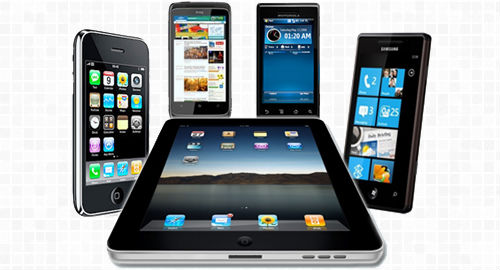The case for businesses to engage their customers via social media is well established, with online retailers in particular at the forefront of the evolution and business to business vendors seeking to increase their social media profile to reach out to their target audience. This makes the analysis of digital behaviour big business. Many of us may have been surprised to find that our browsing history is shadowed by corresponding advertisements on Facebook, Google and the like. Spooky, you might think at first, coincidence perhaps – serendipity even? What is far more likely is that your browsing history is being tracked, alerting the ‘powers that be’ to the likelihood that you, yes you, are a potential target customer.
Tracking an individual’s activity, however, becomes increasingly tricky when you consider that over 1/3 of time is now spent on mobile devices and that, in the American market alone, consumers access the internet using average of three-plus devices. This includes smart phones and tablets which are unable to gather consumer information by using the traditional method of cookies.
In addition, research shows that an individual’s behaviour alters depending on which device they are using.
For example, computers are typically used at home or in the office to find and send information, whereas people use their smart-phones to stay connected and engage in a ‘lighter’ style of browsing. Tablets are used more for entertainment purposes than out and out research, surfing or social media interaction.
So how do you target consumers effectively? Knowing the above helps businesses like Accord design campaigns, according to whether success for your business is likely to come as a result of mobile marketing, content marketing or PPC. This is critical to allocating budget to achieve the best possible return on investment.
Multiple strategies may be required to target customers via differing devices. However, Google, as a result of innovations in cross device tracking, can now estimate conversions across devices using AdWords, making the outcome on spend far more predictable and with that, manageable.
Budgets can be allocated and reallocated based on the type of campaign and, more importantly, depending on which device has been shown to be the most effective way of engaging and converting consumers.
Couple that with the potential to know where a consumer is on the high street and their recent browsing history and Google has taken a very real step towards being able to offer a very powerful service indeed; the capability to send alerts to consumers as they are passing the door of a corresponding retailer, thereby cranking up the ability to create ‘in the moment’ purchases by several notches.
Conversion, as yet, is not an exact science, but it can only be a matter of time before this, along with PPC advertising and AdWords becomes an increasingly valuable tool to have as part of your marketing mix.










